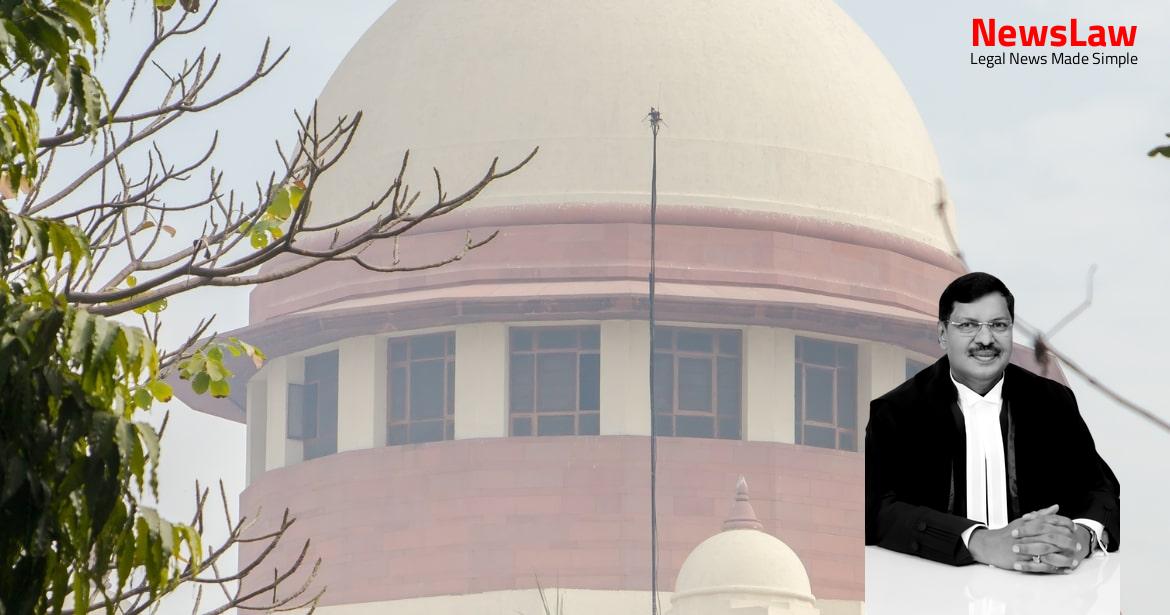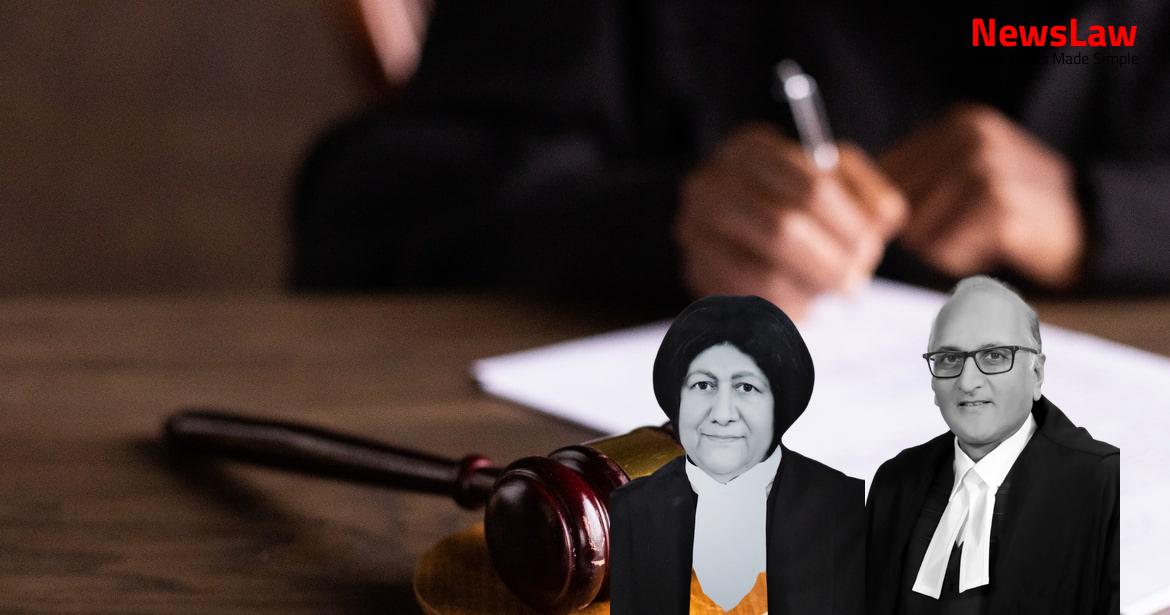the Reliance BP Mobility Limited incorporated under the Companies Act, 2013 and is directed against the judgment and order dated 23.12.2021 passed by the NGT, Chennai in the Original Application No 138 of 2020 (SZ) insofar as the impugned order directs the Central Pollution Control Board (CPCB) as well as the State Pollution Control Boards to issue directions to make it mandatory to obtain Consent to Establish (“CTE”) and the Consent to Operate (“CTO”) for new retail petroleum outlets as well as the existing retail petroleum outlets. Direct the respondent oil marketing companies R- 5 to R-9 to install and operate Vapour Recovery Systems, Stage 1 and 2, in good working condition before opening and commissioning of any new petroleum retail outlets in Tamil Nadu. 147 of 2016 wherein the Principal Bench of the NGT issued directions to install Stage-I and Stage-II vapour recovery devices (VRD) at all fuel stations, distribution centers, terminals, railway loading/unloading facilities and airports in the National Capital Territory of Delhi. We made it clear that all the Retail Petroleum Outlets which are located in cities having more than 10 Lakh population should have installed the VRS mechanism which are having turnover of more than 300 KL/Month and above, as insisted by the Central Pollution Control Board in consultation with the Ministry of Petroleum and Natural Gas as per circular dated 12.12.2016. As regards the new petroleum outlets of Stage 1 and Stage 2 (having 100 KL/Month to 300 KL/Month) and for Stage 1A (Storage depots) are concerned, the same will have to be installed within the extended time fixed by the CPCB both by public sector undertaking and private sector undertaking and if there is any violation found, then they are directed to take appropriate action for such violation as directed by the Principal Bench of National Green Tribunal, New Delhi in O.A. The Registry is directed to communicate this order to the Ministry of Environment, Forests & Climate Change (MoEF&CC), Central Pollution Control Board, New Delhi, Integrated Regional Office of the Central Pollution Control Board, Bangalore and Chennai, State Pollution Control Boards of Tamil Nadu, Kerala, Andhra Pradesh, Telangana, Karnataka and also to the Pollution Control Committee of Union Territory of Puducherry for their information and compliance of the direction.”
Being dissatisfied with the aforesaid directions issued by the NGT, Chennai, the appellant is here before this Court. At the outset, the learned counsel appearing on behalf of the appellant herein submitted that it does not seek to challenge the directions contained in para 69(i) and 69(ii) resply of the impugned order i.e.
He would submit that the directions issued by the NGT, Chennai to the CPCB making it mandatory to obtain CTE and CTO for ROs would amount to enacting a law under the guise of judicial order. Such NOC from the District Magistrate comprises of approvals from various authorities, such as – the fire department, Police Department, PWD, Health and Safety, concerned Municipality and/or any other authority that the District Magistrate may consider necessary. In such circumstances, according to the learned counsel, by making it mandatory to obtain the CTO and CTE for setting up/operating a RO would cause lot of hardship and also delay the setting of ROs. In such circumstances referred to above, the learned counsel appearing for the appellant prayed that there being merit in his appeal, the same may be allowed and the directions issued in para 69(iii) and para 69(iv) of the impugned order passed by the NGT, Chennai be set aside. Mehta, what is sought to be achieved by asking the ROs to obtain CTE and/or CTO can very well be taken care of by ensuring that all the existing ROs and the ROs that may come up in future scrupulously abide by the guidelines issued by the CPCB. Mehta in the last submitted that so far as directions contained in para 69(i) & 69(ii) resply are concerned, the same shall be complied with in its true perspective and the State Pollution Control Boards shall ensure due compliance of the same. Sanjay Kapur, learned counsel appearing for the appellant has stated that in terms of the said directions of CPCB dated 04.06.2021, Vapor Recovery Devises have already been installed in 50% retail outlets by December, 2021 in the specified category and the remaining timeline shall also be complied with.” The preamble to the NGT Act reads as follows:- “An Act to provide for the establishment of a National Green Tribunal for the effective and expeditious disposal of cases relating to environmental protection and conservation of forests and other natural resources including enforcement of any legal right relating to environment and giving relief and compensation for damages to persons and property and for matters connected therewith or incidental thereto.
The range of powers that the NGT has include:- (i) the power to adjudicate upon civil cases where a substantial question relating to environment is involved (Section 14(1)); (ii) the power to grant relief and compensation to the victims of pollution (Section 15(1)(a); and (iii) the power to order restitution of either property damaged or of the environment (Section 15(1)(b).
Act to have overriding effect: — The provisions of this Act, shall have effect notwithstanding anything inconsistent contained in any other law for the time being in force or in any instrument having effect by virtue of any law other than this Act.” Sub-section (1) of Section 38 of the NGT Act repeals the following enactments:-
(i)
The National Environment Tribunal Act, 1995 (ii) The National Environment Appellate Authority Act, 1997 27. Though Sub-Section (2) of Section 26 makes offences under the AGT Act known cognizable, Section 30(1)(b) entitles any person who has given notice of not less than sixty days in the prescribed manner, of the alleged offences and of his intention to prosecute, to file a complaint before the competent court.
The National Environment Tribunal Act, 1995 was enacted to provide for strict liability for damages arising out of any accident occurring while handling any hazardous substance and for the establishment of a National Environment Tribunal for effective and expeditious disposal of cases arising from such accident, with a view to giving relief and compensation for damages to persons, property and the environment.
Taking into account the large number of environmental cases pending in higher courts and the involvement of multidisciplinary issues in such cases, the Supreme Court requested the Law Commission of India to consider the need for constitution of specialised environmental courts. (2) The object of creation of the National Green Tribunal was to provide, what could be called a one-stop-shop solution, for all types of issues such as Environmental clearances, settlement of disputes relating to environment, relief and compensation for victims of pollution and environmental damage, restitution of property, restitution of environment etc. The legal effect of Section 5A of the Act 1986, if juxtaposed in to Section 5 read with Section 3(3) will be:— (1) that Central Government is competent to issue certain directions under Section 5; (2) that the power under Section 5 can also be exercised by the Authority constituted under Section 3(3); and (3) that the directions issued under Section 5, either by the Central Government itself or by the Authority constituted under Section 3(3) are amenable to the appellate jurisdiction of the National Green Tribunal. Section 3 of the Act 1986 expressly empowers the Central Government or its delegate, as the case may be, to “take all such measures as it deems necessary or expedient for the purpose of protecting and improving the quality of environment………”.
We quote the few relevant observations made by this Court in Ankita Sinha (supra) as regards the powers of the National Green Tribunal :- “16.3 The said Rules make it clear that the NGT has been given wide discretionary powers to secure the ends of justice. The provisions show that the NGT is vested with the widest power to appropriate relief as may be justified in the facts and circumstances of the case, even though such relief may not be specifically prayed for by the parties. To be effective in its domain, we need to ascribe to the NGT a public responsibility to initiate action when required, to protect the substantive right of a clean environment and the procedural law should not be obstructive in its application. – The Tribunal shall, while passing any order or decisions or award, apply the principles of sustainable development, the precautionary principle and the polluter pays principle.” 4 The principle set out above must apply in the widest amplitude to ensure that it is not only resorted to for adjudicatory purposes but also for other ‘decisions’ or ‘orders’ to governmental authorities or polluters, when they fail to “to anticipate, prevent and attack the causes of environmental degradation”.
Consent to Establish (CTE) means the prior permission of the pollution control board to begin the work of construction of petrol retailing outlet at any place. In existing outlets, the safeguards available in their units will have to be shown, thereby indicating & assuring the pollution control board that the unit would not cause damage to the environment. Balance sheet copy attested by CA Detail relating to land in case trade effluent is discharged on land for percolation Occupation registration accorded by Town & Country Planning Department in case of area development projects/ Building & construction projects MOA /Partnership Containment and treatment of spillages from fuel filling operations at petrol pumps: 1.Petrol pumps located in areas with high groundwater table i.e. Operation of concerned underground storage tank (UST) and its ancillary components shall be stopped immediately and not be resumed till corrective measures to contain and stop leakage/ spillages are implemented to the satisfaction of PESO and concerned SPCB.
In pressurized dispensation, all dispensing units shall be installed with shear valves to cut the fuel flow from pipe line immediately upon accidental knocking of dispensing units from its position. Automation system shall be installed at all new retail outlets to alert in case of tank leak by way of auto gauging system approved by PESO. c.OMCs will be held liable for Environmental compensation (imposed by SPCBs/PCCS) and assessment of environmental damage ( depending on extent of contamination in soil and groundwater) and site remediation.
All new retail outlets set up with sale potential of 300KL MS per month and setting up in cities with population more than 1 lakh will be provided with YRS. YRS shall be brought into operation immediately within 24 hrs and in any case within 72 hrs failing which sale of MS shall be stopped from the fueling station. Ground water and soil quality monitoring within petrol pump selling more than 300 KL/ month and more than 10 lakh population shall be conducted by OMCs once in two years through E(P)Act, 1986 approved labs for the following parameters from the nearest source and report submitted to SPCB: Permissible Limit Enforcement agencies including SPCB can collect samples m and around petrol pump to check contamination F.Measures for protection of Worker’s Health 1.All workers engaged at retail outlets may be covered under ESI, OMC dealers shall implement the personal protective equipment (PPE) m par labor laws. Siting criteria of Retail Outlets: In case of siting criteria for petrol pumps new Retail Outlets shall not be located within a radial distance of 50 meters (from fill point/ dispensing units/vent pipe whichever is nearest) from schools, hospitals (10 beds and above) and residential areas designated as per local laws. The purpose of this Section is to ensure that when a unit or an industrial plant is given consent to operate, the unit ought to have satisfied all the conditions stated in the order of consent to establish and would have installed the requisite effluent treatment plants and other anti-pollution devices to ensure that it causes no pollution.
We also take notice of the fact that the CPCB in consultation with the Ministry of Petroleum and Natural Gas has issued circulars/guidelines from time to time for installation of VRS (also known as Vapour Recovery Device circular). It appears to us that the apprehension on the part of the NGT that the installation of VRS may not be strictly monitored by the State Pollution Control Boards, led the NGT to issue directions to the CPCB & State Pollution Control Boards to issue a circular making it mandatory for obtaining the CTE and CTO as a condition precedent for establishing new petroleum outlets. Even directing the ROs that may come up in future to obtain the CTE and CTO would be cumbersome and time consuming and thus we do not find it reasonable. It shall be the legal obligation of all the State Pollution Control Boards to ensure that the directions issued by the NGT in regard to the installation of the VRS mechanism is complied with within the fresh timeline as prescribed by the CPCB. There shall be no order as to costs.
Case Title: M/S INDIAN OIL CORPORATION LIMITED Vs. V.B.R MENON (2023 INSC 231)
Case Number: C.A. No.-000421 / 2022



